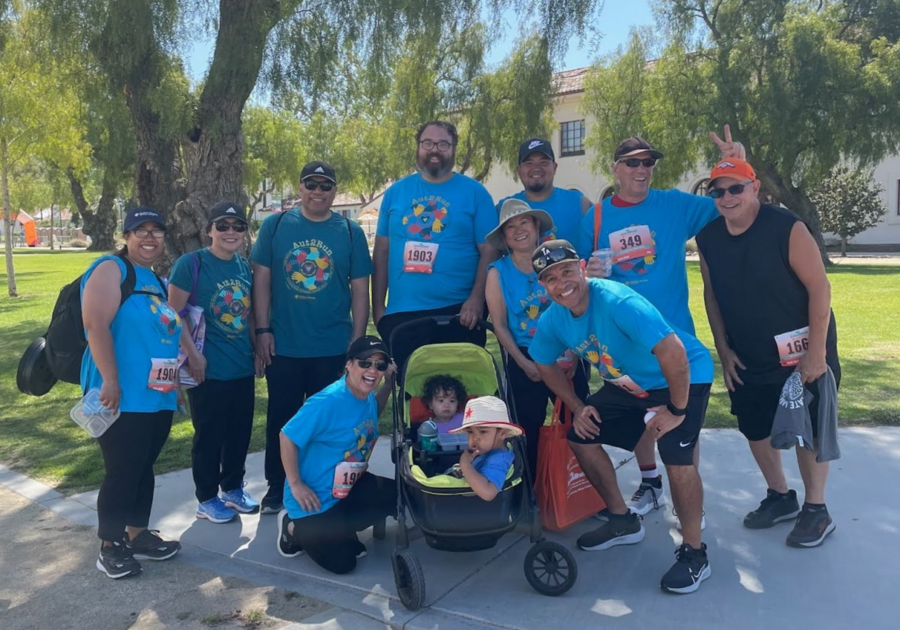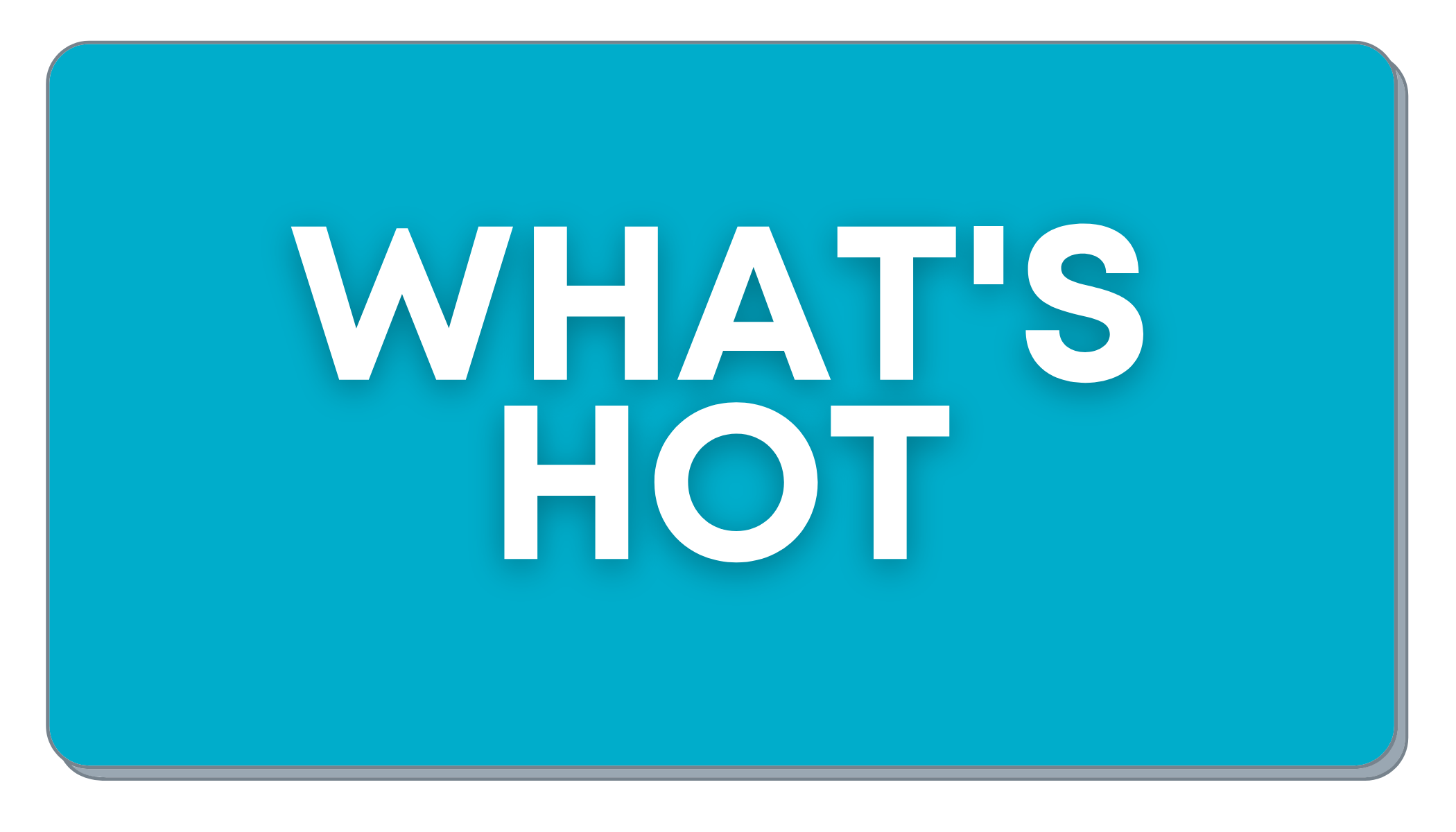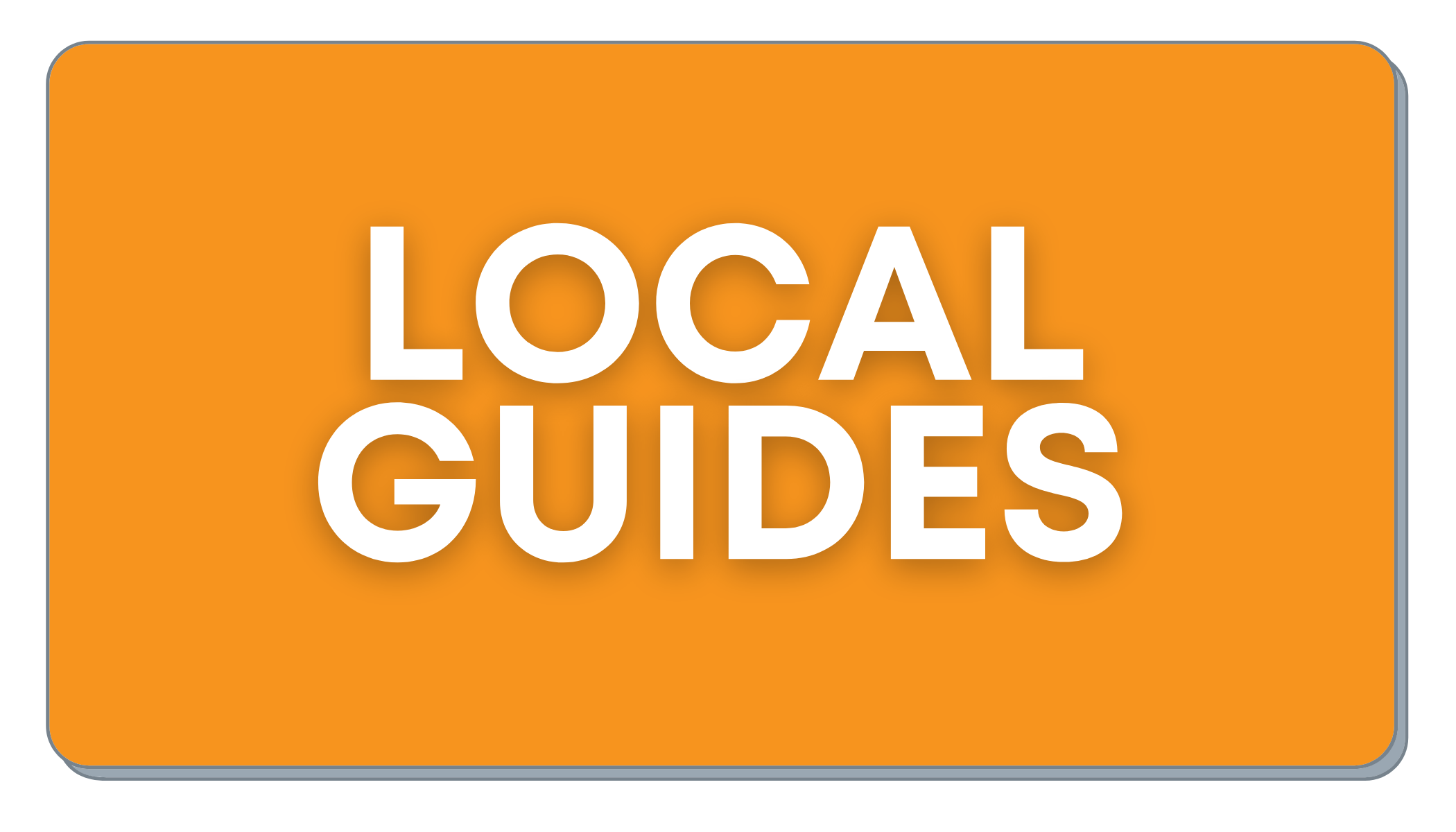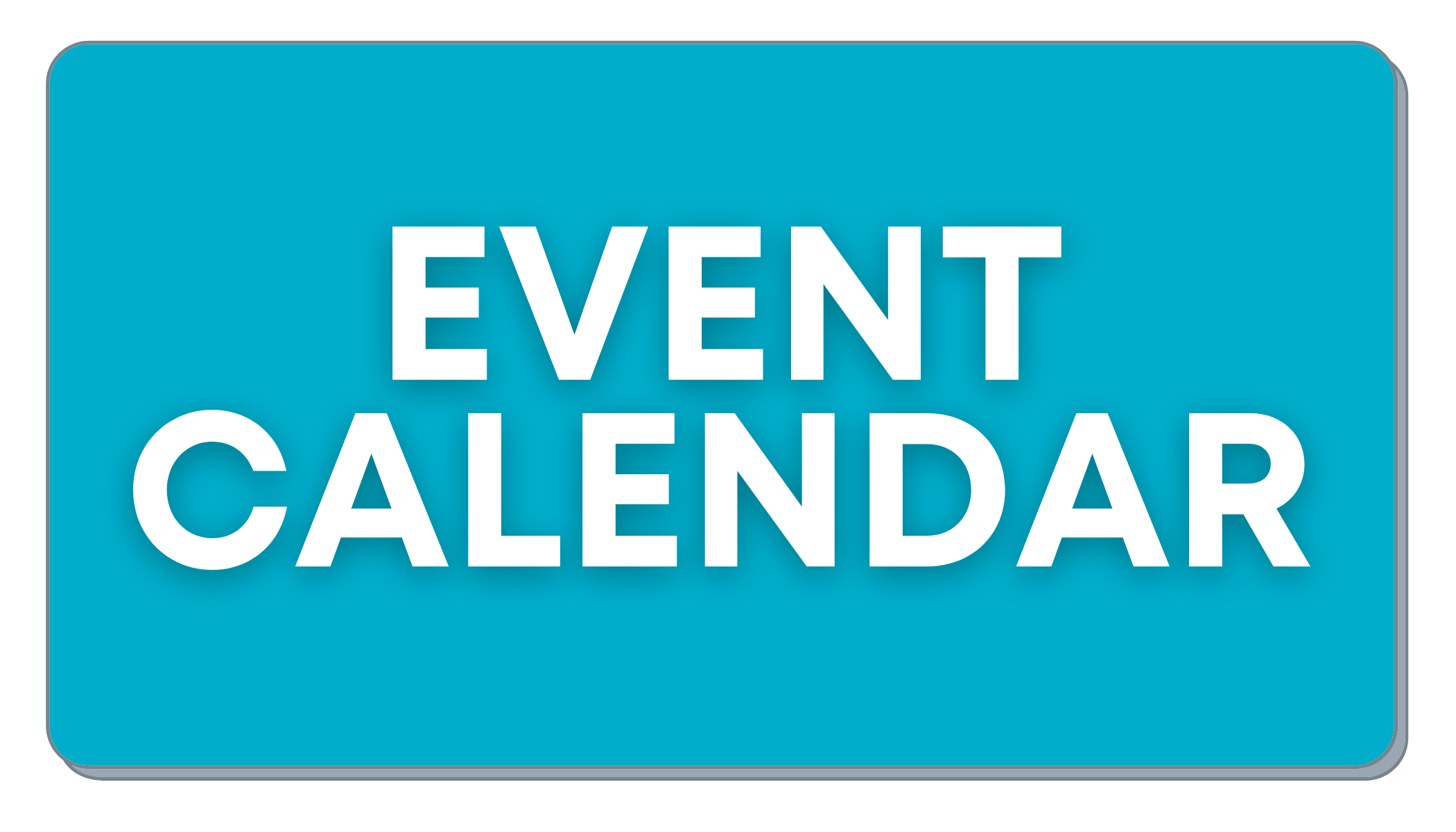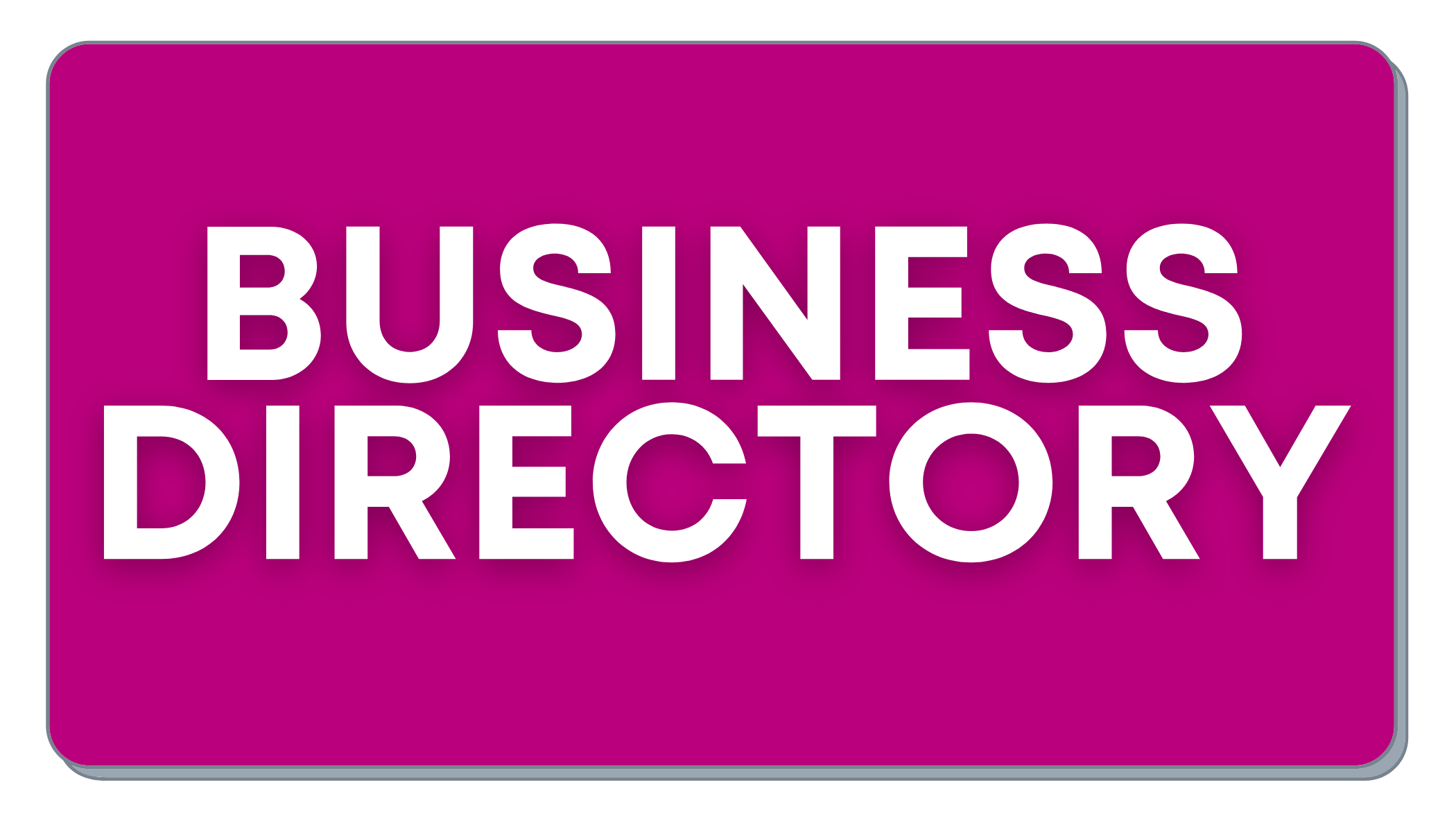When my son was born, he seemed just like any other baby—smiling, laughing, hitting his milestones. Like many babies, he had his challenges, such as trouble sleeping and spitting up. However, he entered the world right before the COVID pandemic turned everything upside down. I remember the pediatrician asking me whether he got along with other kids, and I couldn’t help but laugh. With lockdowns and restrictions, he rarely interacted with other babies, and when he did, it was only through Zoom calls.
By 2021, as COVID restrictions eased, we joined a toddler-and-me soccer class. My son initially loved it—watching him running, kicking, and dribbling brought me immense pride as I imagined his future in sports. But soon, meltdowns started whenever activities changed, sometimes they lasted the entire session. While other children adapted with ease, my son struggled, and I began to suspect something was off. Our pediatrician attributed it to pandemic-related social isolation and suggested waiting a year.
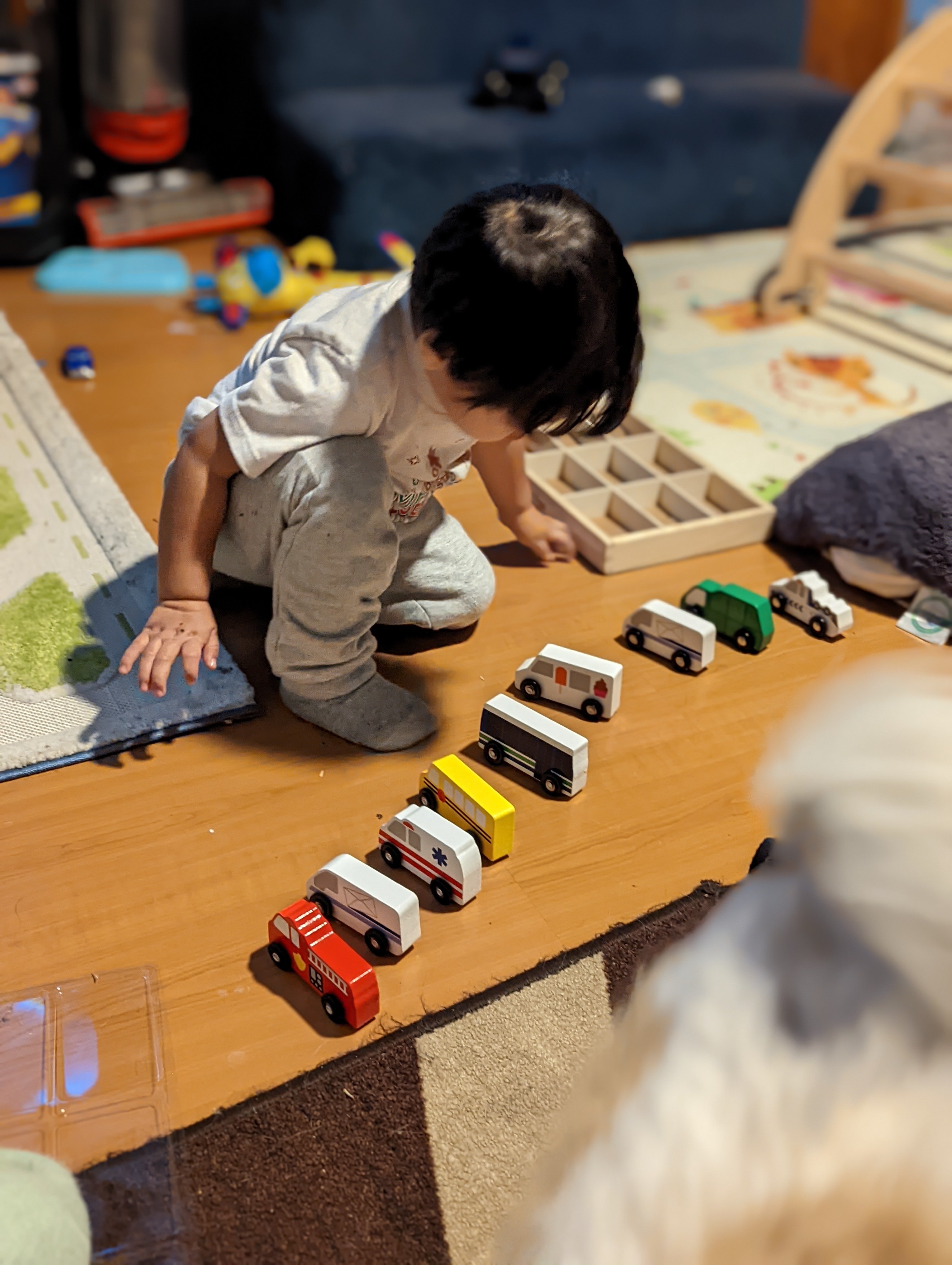 |
We soon enrolled our son in preschool. All the children showed developmental delays from the pandemic, just as our doctor described. Still, my son’s struggles stood out—he had trouble with transitions, hyper-focused on tasks, and grew upset when routines were disrupted. We managed around these quirks, unaware of their significance.
After six months, his teacher expressed concerns during a parent-teacher meeting. While the other students had caught up, my son lagged behind, especially in communication. He would quote phrases from movies or repeated questions word-for-word. She suggested developmental testing and reaching out to the Regional Center—a resource I had never heard of.
Confused and overwhelmed, I contacted a friend who works in behavior science and inclusive learning. She explained the term "echolalia," which was the symptom my son’s teacher had described and a hallmark of autism. Thanks to her help and the support of my son’s teacher, I finally found clarity and began navigating this unfamiliar world of neurodivergence.
The journey had felt like one closed door after another, as people dismissed my concerns. That all changed once we received his official diagnosis of ASD Level 2. Suddenly, I was able to access treatments and services, but it was still overwhelming to learn so many new terms and concepts. Below is a list of terms, resources and therapies I wish I’d known at the start. I hope it helps others beginning their journey or seeking support.
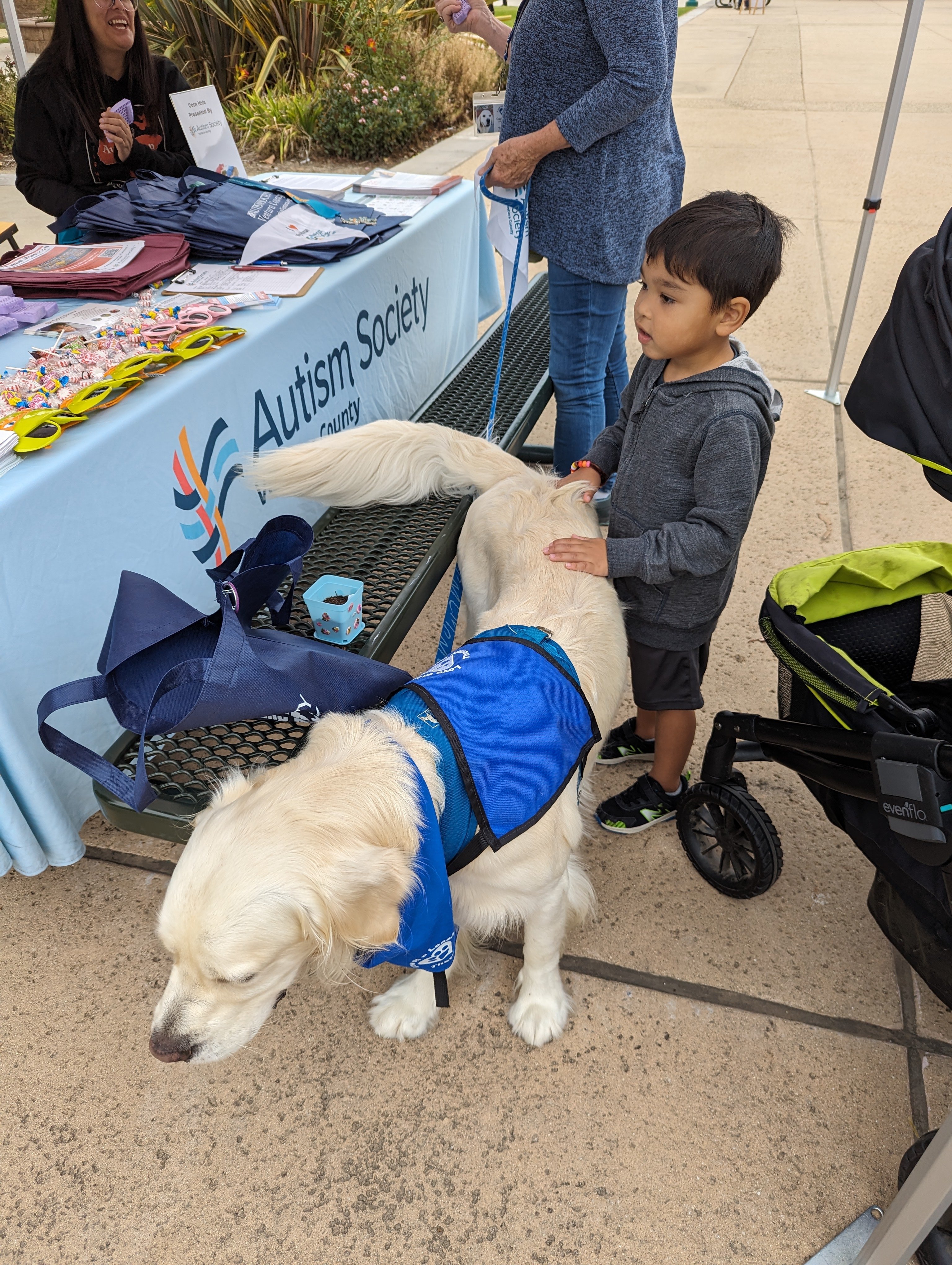 |
Autism Spectrum Disorder (ASD) - a developmental condition that affects how individuals perceive, communicate, and interact with the world. It is called a "spectrum" because it encompasses a wide range of characteristics and challenges, which vary greatly from person to person. (It is so important to remember that the diagnosis does not change your child, but allows your child to receive resources so they can thrive.)
Key attributes to an ASD Diagnosis:
- Social Communication Difficulties: Challenges with understanding and expressing emotions, maintaining conversations, interpreting social cues, or forming relationships.
- Repetitive Behaviors and Routines: Engaging in repetitive actions, a strong preference for routines, and discomfort with changes or unpredictability.
- Sensory Sensitivities: Heightened or reduced sensitivity to sensory inputs, such as sounds, lights, textures, or smells.
- Focused Interests: Intense focus on specific topics, activities, or objects.
ASD Levels of Support - ASD is categorized into three levels based on the amount of support an individual requires in daily life. These levels help healthcare professionals tailor interventions and support plans to meet a person’s needs. Prior to these categorizations, terms like asperger’s or high functioning autism were used. The levels of support can change over time, especially with the help of Early Intervention, Skill Development and Environmental Development.
Image from Thriving Wellness Center |
Early Intervention - therapies and support provided during the first few years of life (usually before age three) to address developmental challenges and enhance outcomes. It is based on the principle that the earlier support begins, the greater the potential for progress in areas such as communication, social skills, and adaptive behavior. A key aspect of Early Intervention is Behavioral Therapy.
Behavioral Therapy: Approaches like Applied Behavior Analysis (ABA) focus on teaching new skills, reducing challenging behaviors, and encouraging positive interactions. Some skills are essential for everyday life, while some skills can be a preference to the individual or their family. For example, if a child loves monster trucks but struggles with sensory overload caused by the loud noises and large crowds at events like monster truck jams, ABA can help. This therapy teaches the child strategies to recognize, prevent, and manage sensory overload, enabling them to enjoy such activities more comfortably.
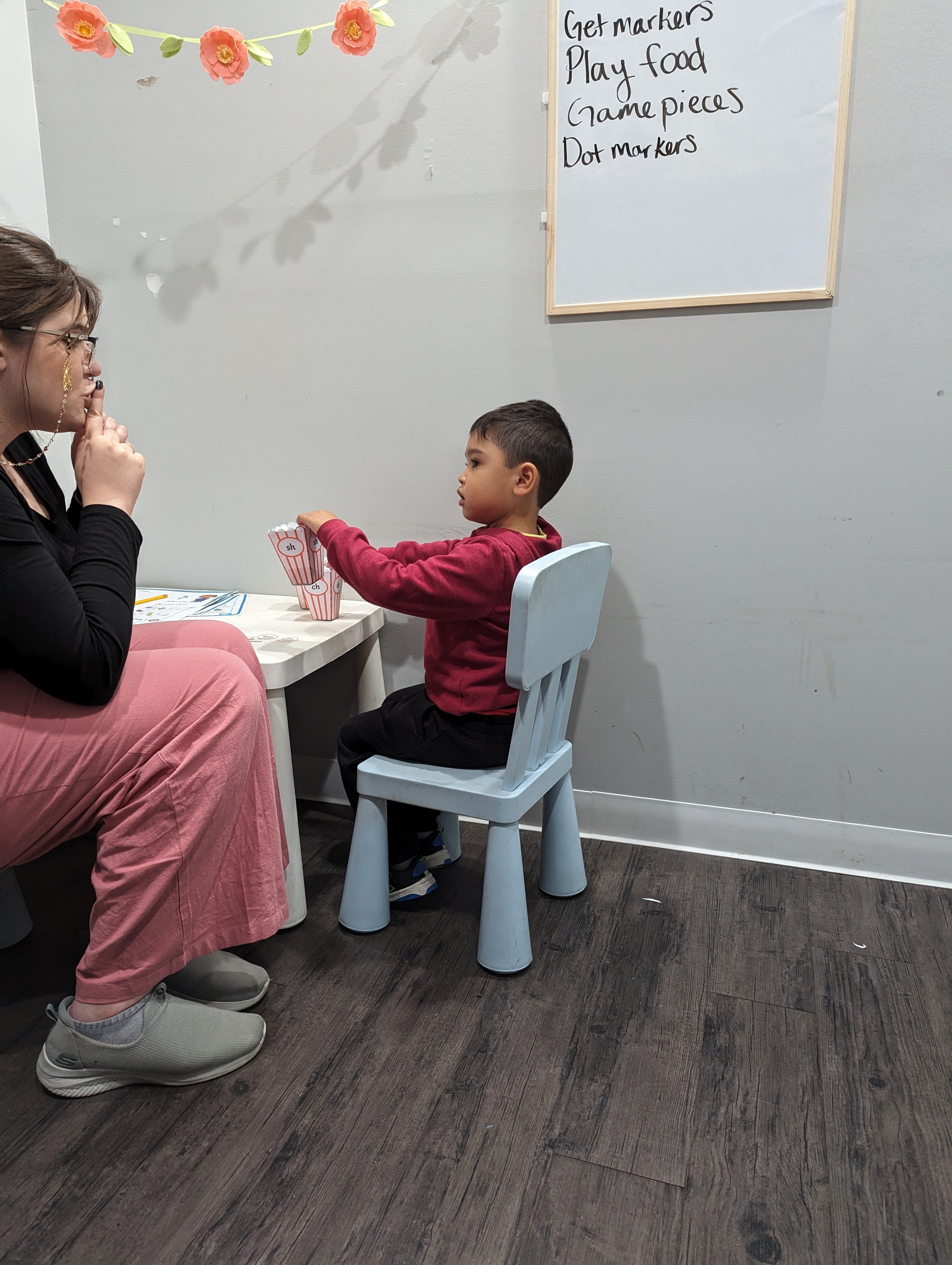 |
Regional Centers are part of a California statewide network of 21 community-based, nonprofit agencies overseen by the Department of Developmental Services (DDS). These centers provide essential services and support for individuals with developmental disabilities, including autism. If you live in San Luis Obispo, Santa Barbara, or Ventura County, the Tri-Counties Regional Center serves as your local resource for diagnosis and support. They also offer an Early Start Program designed to support children under the age of 3 who are experiencing developmental delays.
The Autism Society of Ventura County (ASVC) is a nonprofit organization dedicated to improving the lives of individuals with autism and their families. Founded in 1994, ASVC provides resources, advocacy, education, and community programs to empower those affected by autism. I highly recommend visiting their Resource Page if you are looking for therapies and services. Their biggest fundraiser is Aut2Run and takes place in April during Autism Acceptance Month. The event features vendors, providing an opportunity to connect with people and explore services you may be interested in using. Please consider joining our team, Team Daven or making a donation to help ASVC provide support to our community.
|
| Share the Love... |
When visiting events and local businesses, be sure to tell them Macaroni KID sent you... and don't forget to tell all your friends!

